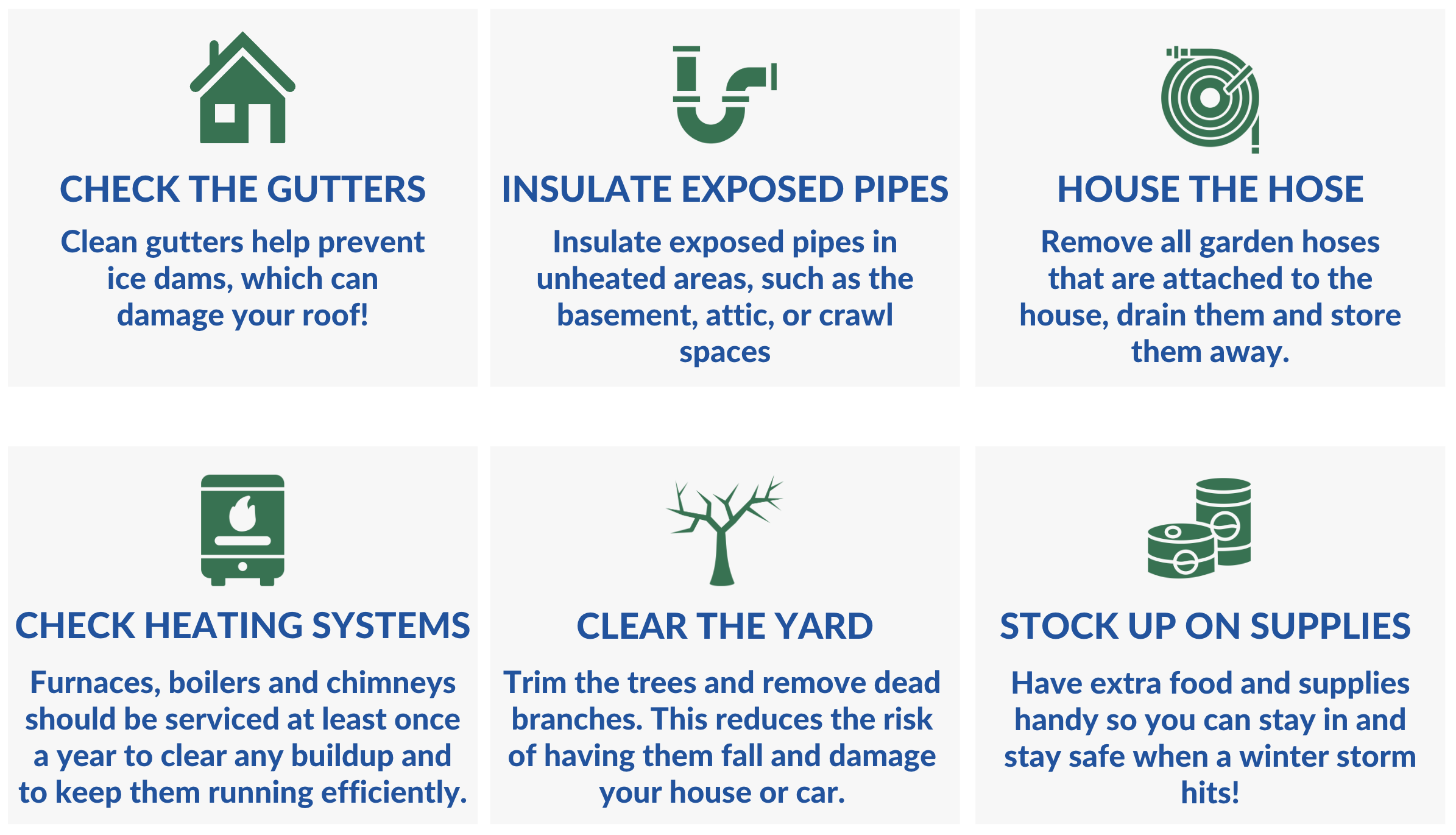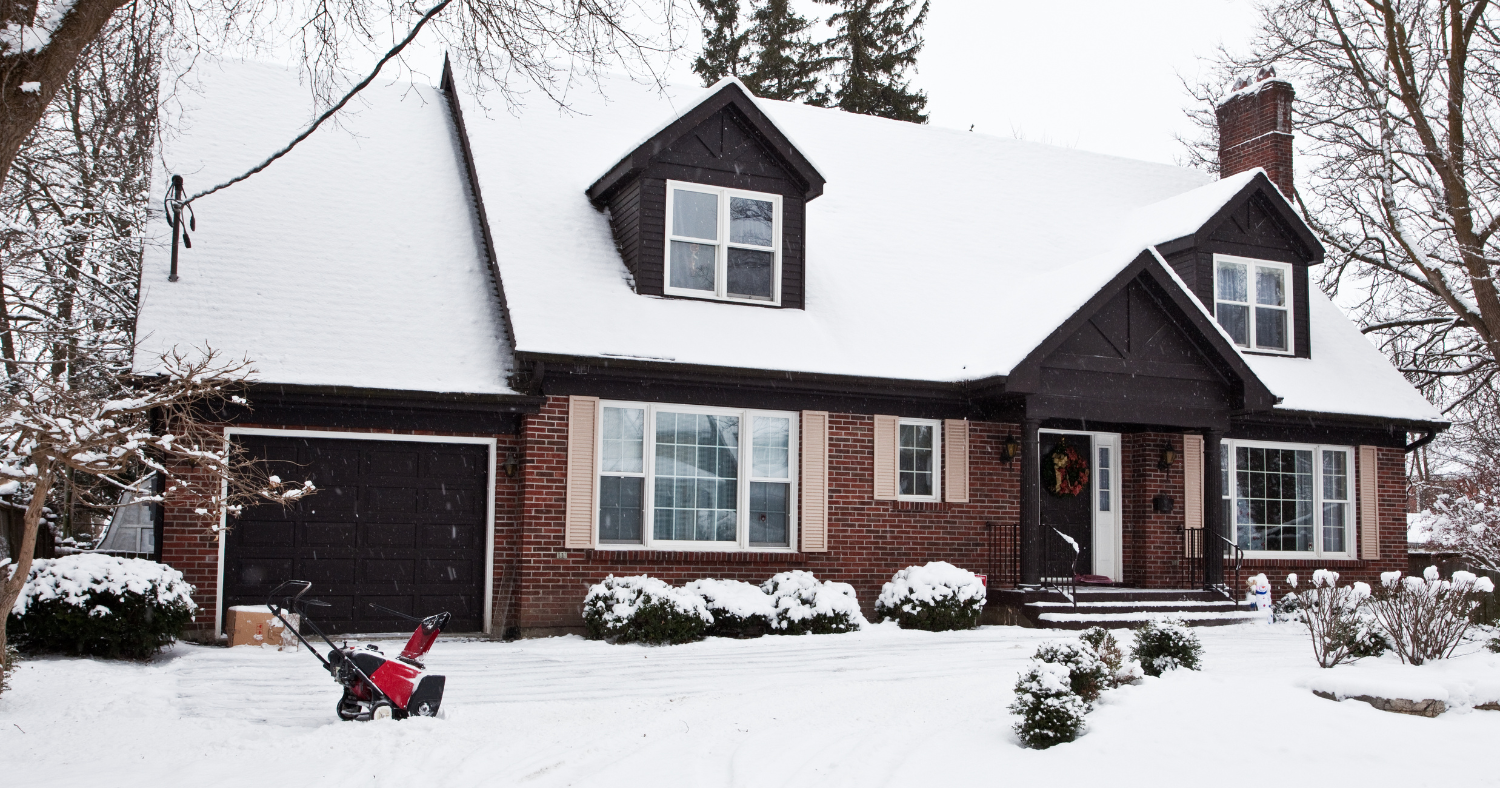If you have damage to your home’s foundation, you may think that your home insurance covers it since home insurance protects your home. Like other insurance claims, it depends on what happened.
What Does Home Insurance Cover?
The best way to think about home insurance is that it covers you for disasters and sudden mishaps. Think things like a tornado or a fire. Home insurance does not cover maintenance issues. That’s things like a faulty AC or a roof developing a leak due to age.
Where Does Foundation Damage Fit Into Your Home Insurance Policy?
To figure out if you can file a claim for foundation damage, you need to figure out what happened. Cracks and other defects due to old age are generally not covered as a maintenance issue. Tree roots pressing into your foundation are also typically a maintenance issue since you can monitor your trees and proactively prevent root damage.
The following types of disasters are usually covered by your home insurance policy, so any resulting foundation damage would typically be covered.
• Water damage from a broken pipe or water backup. You would need to carry coverage for the specific type of water damage that caused damage to your foundation.
• Falling trees or any other objects that impact your foundation.
• A covered structural collapse that cracks or separates your foundation.
• Gas explosions and fires.
If you want to be covered for an earthquake or other earth movement, you probably need to add earthquake coverage to your main home insurance policy or buy a separate earthquake coverage. Most home insurance policies exclude earthquake damage.
Similarly, foundation damaged caused by floods due to storm surge, rain or overflowing rivers typically isn’t covered by a basic home insurance policy. You’d need to carry flood insurance.
What if You Need to Move Out for Repairs?
Foundation repairs often involve major structural work to your home that could cause you to temporarily have to move out. If your home insurance covers your claim for the repairs, it may also help with any additional living expenses. Some policies include additional living expenses by default, and others allow you to add it as an additional option.




















